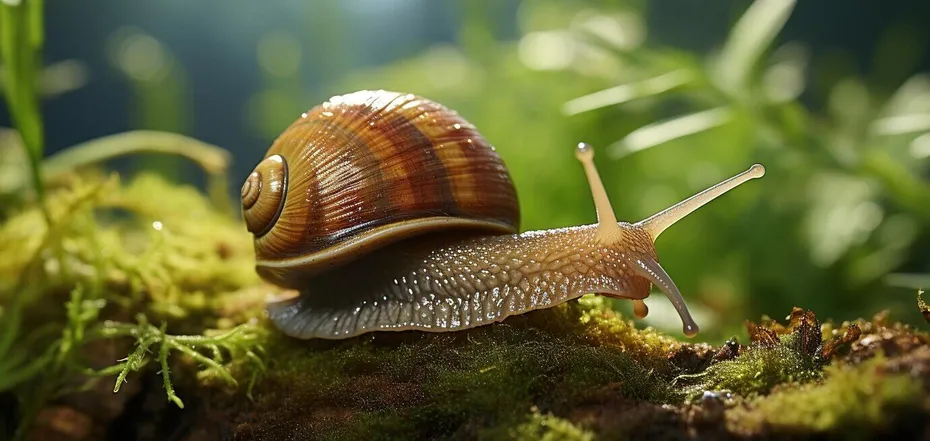
How to deal with slugs in the garden: an effective way to prevent plant damage
Slugs can destroy a garden during the breeding season if you don’t protect your plants, but fortunately, there is an easy and effective way to get rid of them.
The best way is to install barriers around the plants that these creatures simply cannot climb over. You can buy ready-to-use products, such as recycled ceramic shards, which can be scattered around vulnerable plants, OBOZ.UA writes.
Alternatively, you can try more traditional home remedies such as crushed eggshells, sand, ash, or soot.
Slugs are less likely to cross soil that has sharp material on it, as it is uncomfortable for them to crawl along uneven edges and they can injure their skin.
Crushed eggshells are a very popular method of slug control, but it is important to thoroughly clean the shells of any yolk, otherwise, the food will attract pests rather than repel them.
Eggshells also release calcium into the soil as they decompose, which can nourish plants and give them a boost in growth if needed. Sand, ash, and soot also absorb moisture, which can severely dehydrate slugs if they come into contact with them.
However, these substances can be acidic, so they can change the pH of the soil and harm plants if used in large quantities.
If you use natural slug repellents, it’s best to get a lot of different materials to test what works best in your garden over time.
Or you can go even further, and use a life hack with copper tape loops that generate tiny electric currents.
Copper tape causes a small electric shock if slugs touch it, as the material reacts chemically with slug mucus, so it is a fantastic long-term pest repellent.
Comments (0)